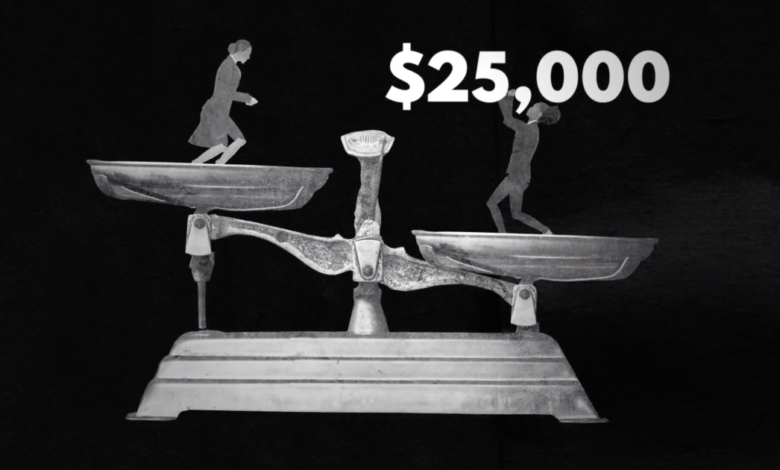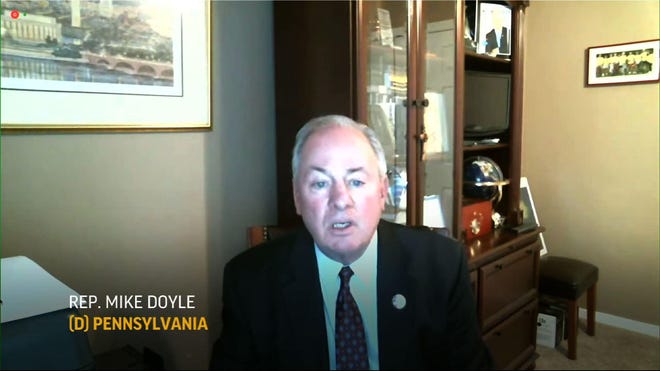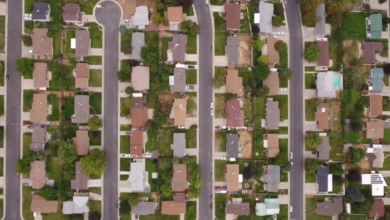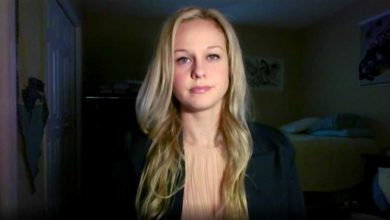
College a defining moment in life, but many Americans will tell you the cost of higher education has had a big impact.
"While it was a great experience, I made great network connections and I learned a lot, after I finished, I learned employers weren’t offering competitive salaries for that degree and I wondered, ‘Was it even worth getting that degree?" said Jessica Gawrych.
For Tyrone Hanley, who grew up outside Chicago, college was not a guarantee.
"I was raised in poverty,” he said. “My mom raised us in Section 8 housing.”
Hanley overcame the odds and went on to graduate from law school, but he found the journey to a better life has a price. He says he currently owes around $200,000 in student debt.
“I wouldn’t go to grad school again," Gawrych said. "I would do undergrad again, but I would prioritize the state schools that offered me a more reasonable financial package.”
Gawrych is a first-generation college student who grew up in Massachusetts and is the daughter of Polish immigrants. She says it’s now hard to think of the future when she’s still paying for what it took to earn undergraduate and graduate degrees.
"How can I think about bringing a child into this world when I have almost $100,000 in debt?" she asked.
More than 44 million Americans are in student loan debt, which’s larger than the entire population of California.
According to the website Student Loan Hero, that adds up to more than $1.7 trillion.
But during the pandemic, the government put a pause on borrowers having to make payments on federal student loans.
"I’ve been able to put money aside for my savings, so now, I’ve had more savings than I’ve ever had in my entire life," Hanley said.
October could be an unwelcome return to normal. Borrowers will have to start making payments again.
“I went to law school and my parents could afford to send me to college," said Democratic D.C. Councilmember Janeese Lewis George.
Lewis George still carries tens of thousands of dollars of student debt herself.
“For many of us, we had no other option,” she said. “We were sold a dream with a big price tag.”
African American college graduates owe on average $25,000 dollars more than college grads who are white. Experts say Black college students often need to take out larger loans to pay for school.
“In the Black community, it feels like student loan debt is stifling our ability to be able to attain even an inch gain an inch of wealth or progress and a community," Lewis George said.
Lewis George introduced a resolution in her city, that was unanimously approved by the council, calling on President Biden to cancel student loan debt. Cities like Boston and Philadelphia have done the same.
“We’re trying to make this a national push. So, what’s next is sending our resolution to other cities across this country and say, ‘Hey, let's stand together in solidarity and let this administration know that student loan debt is a crisis,’" Lewis George said.
Critics point to the cost of forgiving student loans and say it’s unfair to let those with debt off the hook.
“You need to go to college, and in many cases, you need to go to graduate school in order to get a decent income, especially if you’re someone like me who grew up poor," Hanley said.
"In my experience, I didn’t have, my parents didn’t know how to advise me on this process. I didn’t have anyone guiding me on how to fill out my FAFSA or what was a good scholarship amount or what’s a good loan or interest rate is. This isn’t something I understood until years later," said Gawrych.
It’s easy to point to numbers to show how big of an issue student debt is. Those with it say to see its true toll, look to the people within its grip.
“I think through our stories, people really can have a better understanding on an emotional and human level to really wrap their heads around their issue to understand what my generation and younger generations are dealing with at this moment," Hanley said.








